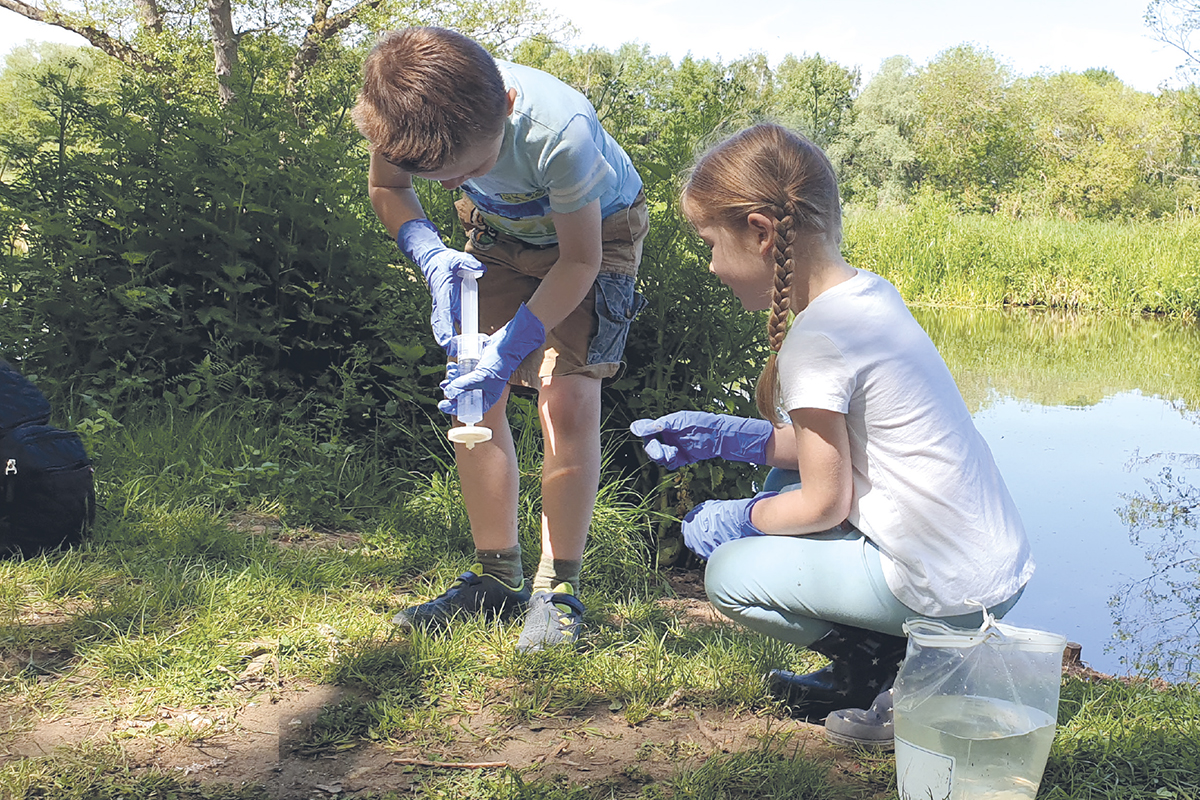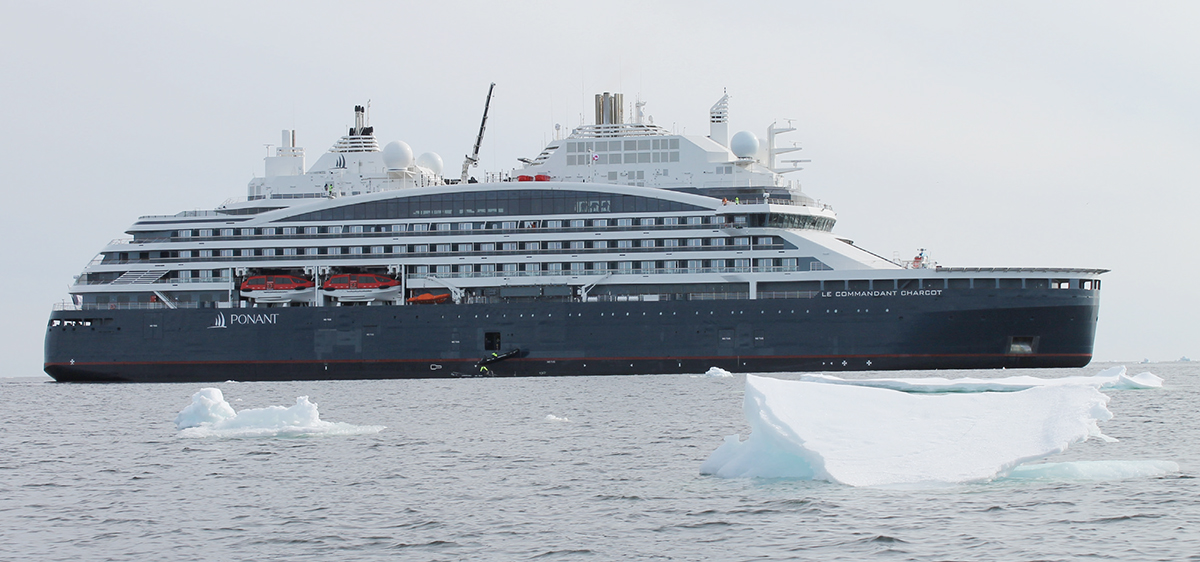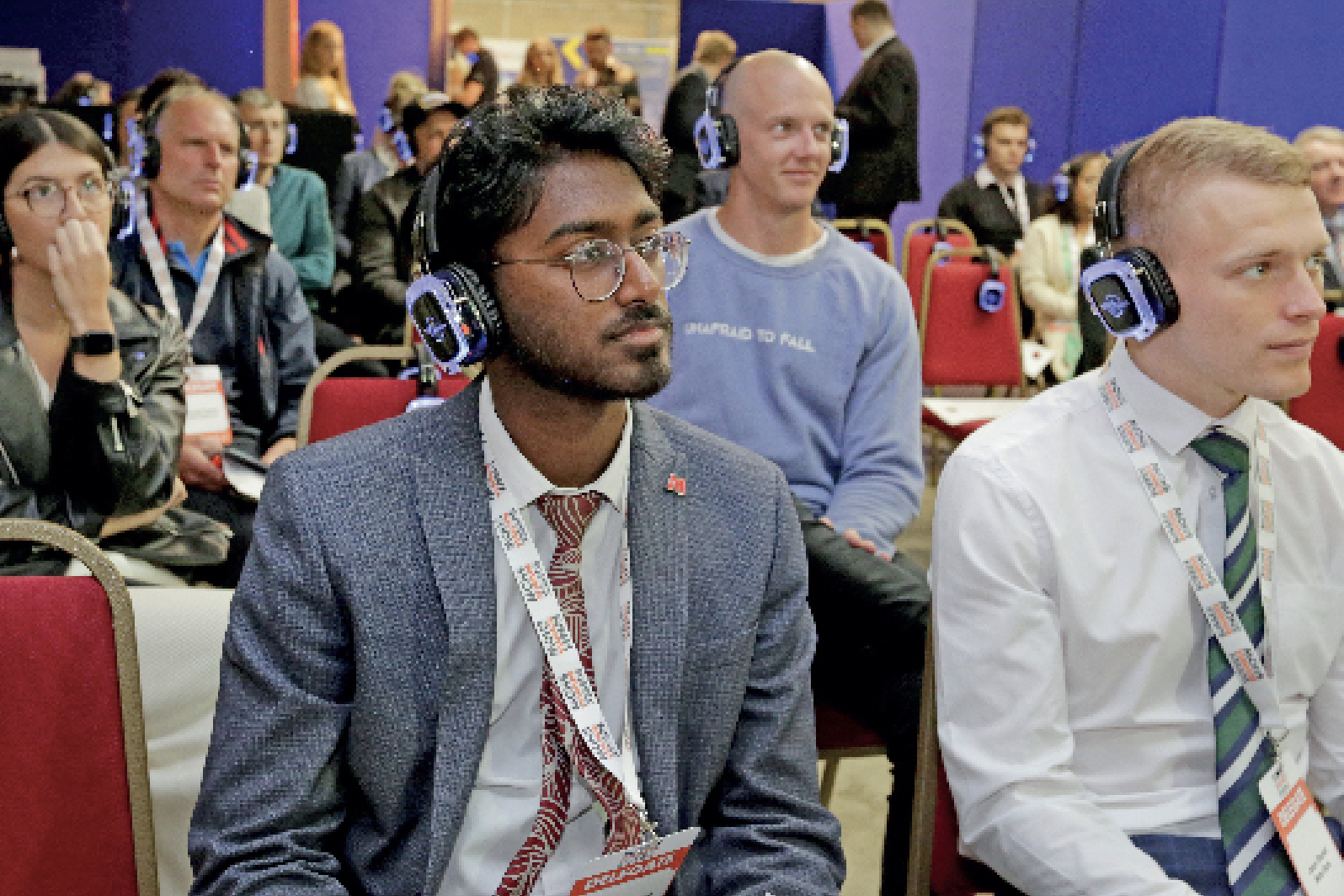
NatureMetrics, a research company based in Surrey Research Park, explains ‘eDNA’, the game changing technology that can help reverse the extinction and climate crises.
When it comes to the climate crisis, the value of protecting biodiversity has been overlooked until relatively recently. Happily, though – and especially since COP26 - the world has recognised that our only chance of limiting global temperature rise to 1.5 degrees is to preserve and restore nature on an unprecedented scale. The cost of not doing so is stark, especially for business.
In the short term, harming biodiversity can result in mitigation costs linked to protected species legislation. In the medium to long term, it can lead to the breakdown of ecosystem services such as pollination, the provision of clean air and water, soil health and productivity – all of which humankind needs for its survival.
Clearly, it pays to account for nature. This crucial realisation is expected to translate into new global goals and targets for biodiversity that will filter down into policies and regulations at all levels.
Organisations are now looking for ways to monitor their progress in achieving positive change – but biodiversity is extremely complex and difficult to measure. Not only that, but conventional biodiversity survey methods are expensive to implement, demanding of field expertise that is in short supply, and offer data on only a tiny fraction of species. This can’t provide anything like the data that’s needed to enable meaningful goals and targets to be set and for progress to be measured.
Breakthrough
In response, a new technology has emerged that is a complete game-changer for measuring biodiversity at scale. This technology measures environmental DNA (or eDNA) – the small traces of DNA that are left in the environment by a given species.
Leading the charge with this technology is NatureMetrics, which was founded in 2014 to deliver biodiversity data at scales that hadn’t been possible before. The company has two eDNA laboratories in the UK and Canada, which have delivered comprehensive data from soil, and freshwater and marine samples on species from bacteria to blue whales to more than 450 clients across the renewable energy, infrastructure, water and banking sectors.
Their technology is so simple to use on the ground that it’s been used by school children and citizen scientists with just as good results as ecological consultants, meaning that monitoring can be conducted by non-specialists and local stakeholders or by technical contractors – whichever suits their clients.
If a company wanted to find out what species were present in and around a body of water under its responsibility, their site-based team or contractor simply take a NatureMetrics kit and push two litres of water through a filter and send it to the NatureMetrics laboratory for analysis. This is far easier, quicker and cheaper than deploying large teams of biodiversity specialists to spend weeks in the field conducting surveys with a range of trapping and observation methods. The filters pick up the DNA of all species of all sizes.
International co-operation
As an example of how this works in practice, one of NatureMetrics’ clients, Fauna & Flora International (FFI), trained up national park rangers and local community assistants in Liberia to collect eDNA samples to see if they could confirm local reports of pygmy hippopotamuses. The company analysed the samples in its UK lab, and not only did the analysis detect the pygmy hippo in both rivers – meaning FFI can mobilise conservation resources to
that area – it also returned data on over 160 other vertebrate species including endangered species ranging from parrots to monkeys and a critically endangered fish species that could trigger a new protected area.
Another example is Dutch company, Kelp Blue, who is piloting large-scale, offshore kelp farming, a technology with huge potential for carbon, biodiversity and economic benefits.
Kelp is phenomenally productive, growing up to 60cm per day, and its canopy can be sustainably harvested and used for the production of a vast array of products, many of which have environmental benefits by replacing unsustainable materials. At the same time, kelp is a vital habitat for marine biodiversity, has the potential to act as a highly efficient carbon sink, and can significantly mitigate ocean acidification. NatureMetrics is working with Kelp Blue to establish biodiversity baselines in a number of pilot sites so that the impact of the kelp farm on biodiversity can be quantified in future years.
Biodiversity is no longer an afterthought or a tick-box exercise. Increasingly, companies are realising that shifting to nature-positive business practices has the potential to deliver business gains in the same way as investing in the circular economy for production and manufacturing.
Opportunities
Embracing nature-positive does require rapid systems change and a transformation in how we engage with the natural world and, as with any disruptive change, this creates vast opportunity for innovation. NatureMetrics is itself an example of an innovative SME that stands to gain from whole sectors of industry needing for the first time to track their biodiversity impact, and how that changes risk and value in their business. It is now offering monitoring options for companies at every stage of the nature-positive journey from those taking their first steps to simply start some monitoring to those who already have corporate commitments to Net Positive Impact on biodiversity.
These range from companies working on cutting edge technology such as earth observation, AI, blockchain, soundscapes, virtual reality and DNA to those piloting new ways of working on the ground, demonstrating scalable, profitable, nature-positive business models for primary resource production.
At the end of the day, we can only manage what we can measure. Taking biodiversity seriously and conducting detailed monitoring and evaluation will pay off for nature, for business and for the planet.
If you’d like the chance to get ahead of the game on your biodiversity measurement, get in touch with NatureMetrics for a friendly chat.





